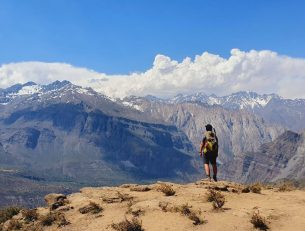As we enter a new year of travel, it is clear to all those in the industry that sustainability and responsible, ethical travel is only going to continue to grow as a trend.
Off the back of the hottest year on record and an ever-increasing awareness of how global tourism impacts the planet, at Not In The Guidebooks we believe it is the responsibility of both travellers and travel companies to not only minimise the damage they cause to the environment as they explore the world, but to actively protect ecosystems and local communities in the process.
So how are consumers and traders alike pivoting in 2024 to create a more responsible industry? In this article, we’ll take a look at some of the newest sustainability trends in travel that can help inspire businesses, hosts and travellers towards a more sustainable way to get off the beaten track.
What trends can we expect in the travel industry?
It’s clear that in order for the tourism industry to survive, it needs to adapt to the rapidly changing world. From blue sky thinking like sustainable aviation to the locally-focused community based tourism, here are some of the changes happening right now to help us achieve a more sustainable approach to travel.
1. An Increase in Train Travel
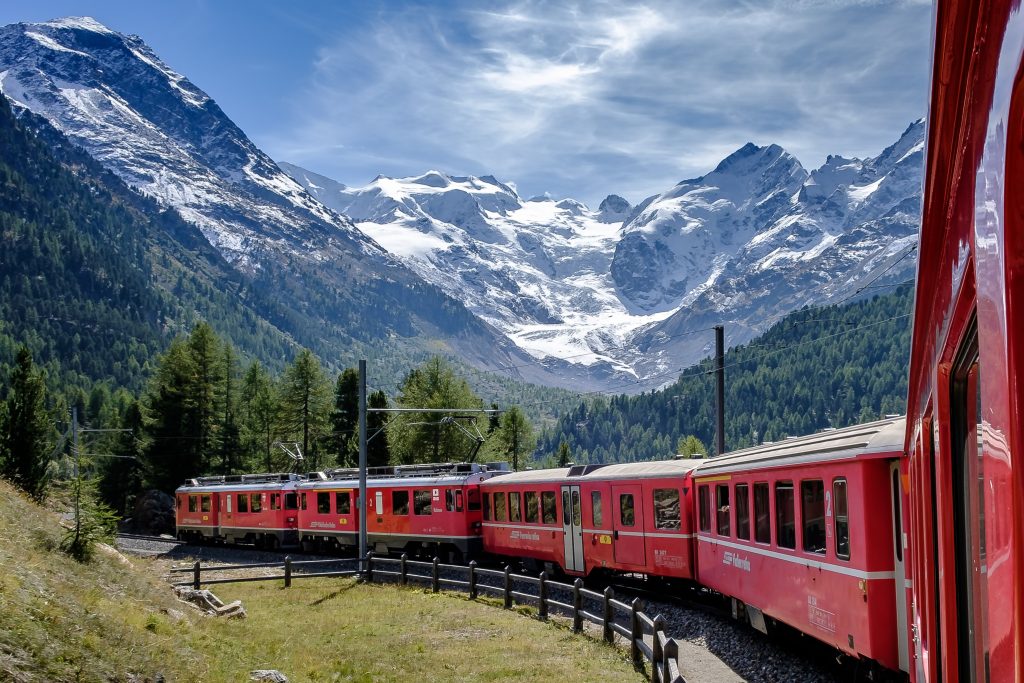
Of all the activities that we, as consumers, undertake over a year, short-haul flights are one of the most carbon intensive. Just one round trip from London to Madrid adds 0.4 tonnes of carbon to your individual footprint, the equivalent of eating a plant-based diet for 6 months.
Clearly then, one of the most effective alterations to our travel habits would be to opt for train travel where possible, as opposed to short-haul flights.
But how is the industry encouraging this change in consumer behaviour?
In France, the government has passed a new bill putting a ban on domestic flights where a 2.5 hour train would complete the same journey. Whilst many critics argue that they may have gone much further with this bill (flights from Marseille to Paris or Lyon are unaffected for example), it is at least a statement of intent that train travel will start to take precedent over aviation.
There have also been moves to expand Europe’s network of high speed and overnight trains, linking more of the continent by rail than ever before. With plans for a Brussels to Prague and an Amsterdam to Barcelona sleeper already well underway, as well as a new Eurostar link to help skiers reach the French Alps from the UK in more responsible manner, it’s clear that continental train travel will be a rising trend in 2024.
2. The Dawn of Sustainable Flying?

Keeping on the topic our largest carbon output, the search for sustainable air travel has been an ongoing hunt for decades now, with limited practical success.
Because whilst reducing the amount we fly is a good first step towards reducing our carbon footprint, aviation still accounts for 2.1% of the world’s carbon emissions. And no matter how much individuals might opt not to fly, we have to be pragmatic and understand that air travel is here to stay.
In fact, with the exponential growth of the middle classes in countries with huge populations such as China, India and Brazil, the number of air passengers is predicted to grow from 4 billion in 2019 to 8 billion in the next 20 years.
And if we consider the number of livelihoods and economies that rely on global tourism for essential income, our answer to sustainable tourism doesn’t seem to be ‘stop flying’. Sustainable aviation fuels (SAFs) are at the forefront of this search for clean air travel, and with Virgin Atlantic completing the very first 100% fossil fuel trans-Atlantic flight, you can expect SAFs and sustainable flying to be an ever growing trend in 2024.
Popular Responsible Experiences
3. A Rewilding Revolution

Whilst protecting existing areas such as national parks or wilderness regions has existed for decades, governments and the tourism industry is beginning to understand the importance of ‘rewilding’ areas that have lost biodiversity as a result of human activity.
Rewilding is essentially the practice of removing human influence from an area, and letting nature take its course to restore biodiversity. This might include removing dams or dykes from rivers, or reintroducing species to a location where they have been pushed out by human activity, before stepping back and letting the natural world reestablish balance.
In October 2023 EUROPARC Federation, the largest network of protected areas in Europe, partnered with Rewilding Europe, an organisation dedicated to the rewilding of natural areas on the continent, is a clear indicator that the travel industry is taking steps to put a greater emphasis on rewilding for as we move into 2024.
4. Growth in Community Based Tourism
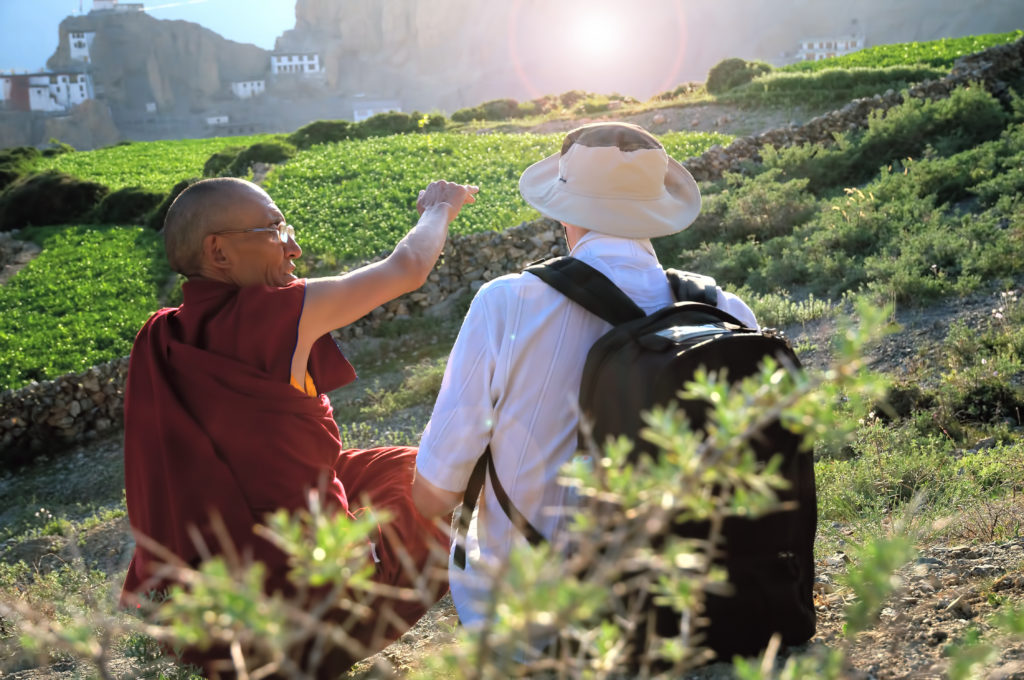
As the tourism industry and consumers alike become more aware of the impact their journeys have on local populations they visit, the more conscious each becomes about wanting to have a positive effect upon the local economy and community.
In an effort to avoid the negative aspects of mass tourism and commercialisation, which often results in the dilution of a local culture, the loss of traditional livelihoods, the displacement of local populations and the general disenfranchisement of local communities with regards to tourism, Community Based Tourism aims to put the power back in the hands of the locals.
Essentially, CBT is an effort to involves the active participation of a local community in the planning, development, and management of tourism activities, resulting in the preservation of their own culture, a direct economic benefit for the local community, environmental protection in the local area, and an engagement from the local community with tourism.
In September 2023, The Secretary of Tourism Development of Yucatán (SEFOTUR), UNESCO in Mexico, Airbnb, and the Union of Community Tourism Cooperatives Co’ox Mayab have launched the “Capacity Enhancement for Community Tourism in Yucatán”. A mouthful yes, but this programme, the first of its kind in Mexico in an area notorious of overtourism, will empower small, local suppliers and help them reap the rewards of responsible tourism.
With schemes such as this popping up all over the globe, at Not In The Guidebooks we are sure that we will continue to see a growth in CBT, as consumers become more aware of how they can leave a destination having not only left it undamaged, but improved as a result of their visit.
Here at Not In The Guidebooks, we work hard to find authentic, local travel experiences that get you off the beaten track and to the very heart of the destination you are visiting, all in a sustainable manner. That’s why we work with local hosts and small, independent suppliers who know their homes, and care about its protection, more than anyone else. Our holidays are designed and operated by locals, meaning you get a truly authentic experience, that actually benefits the area you are lucky enough to be exploring.
Whether that’s a family holiday in Lapland or a wildlife holiday in Costa Rica, you can rest safe in the knowledge that you’ll see things many tourists don’t, and benefit the local community as a result of your adventure.







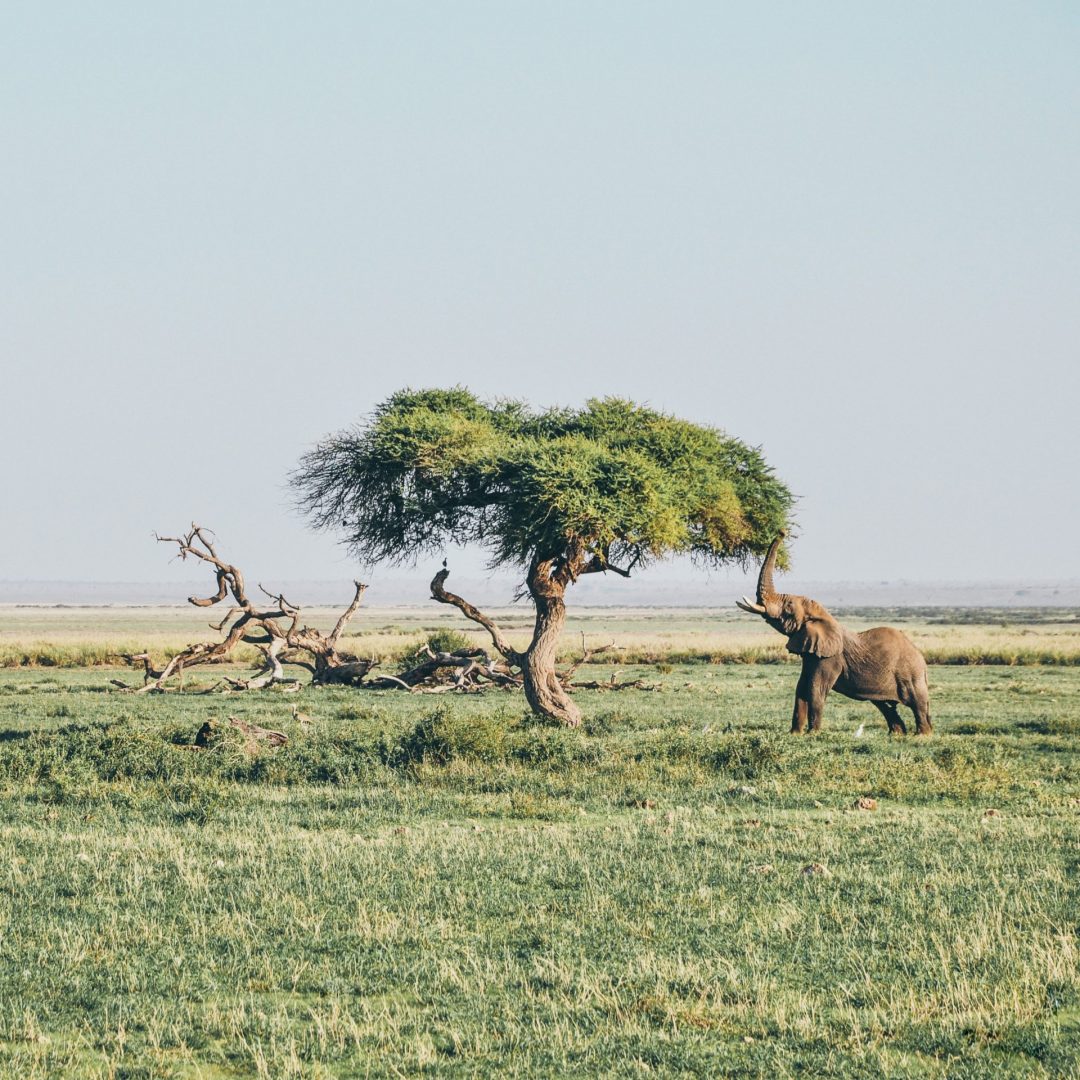

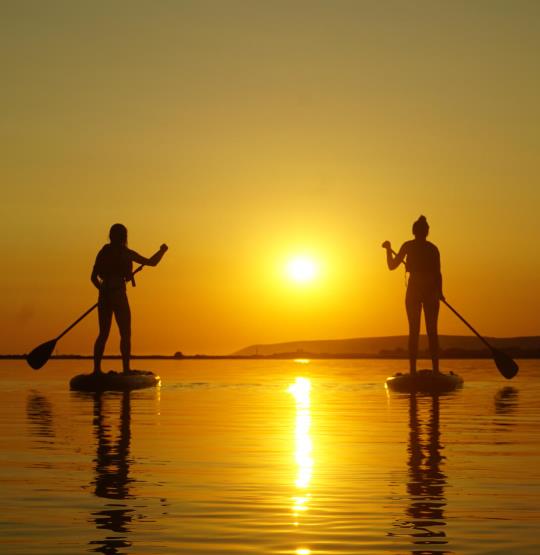



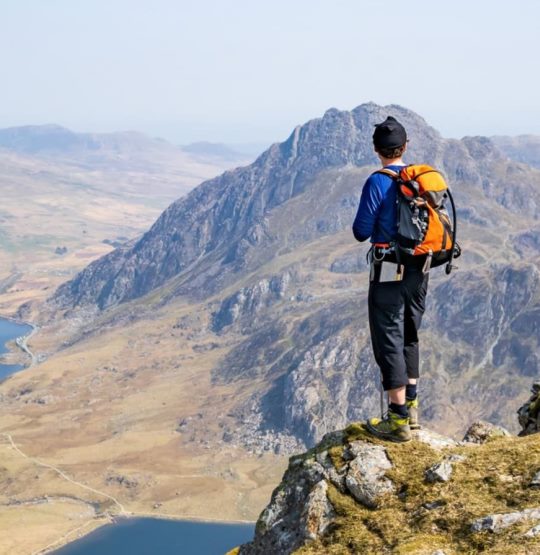
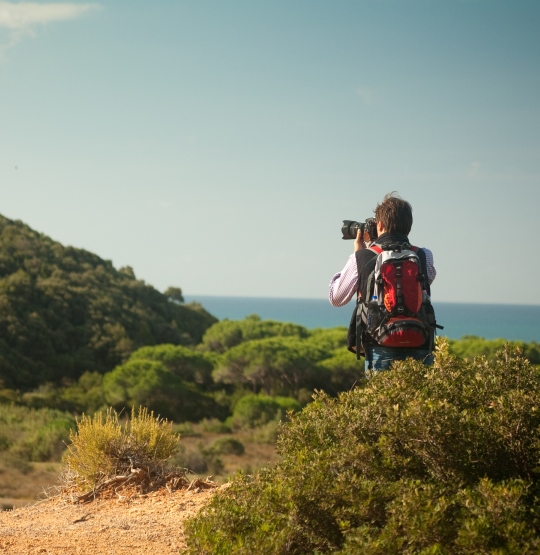


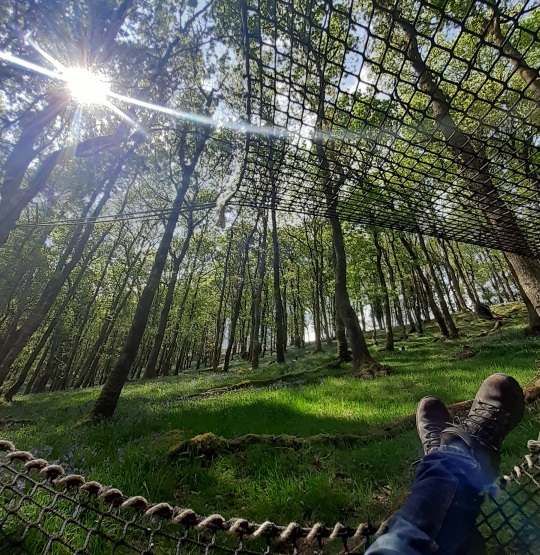

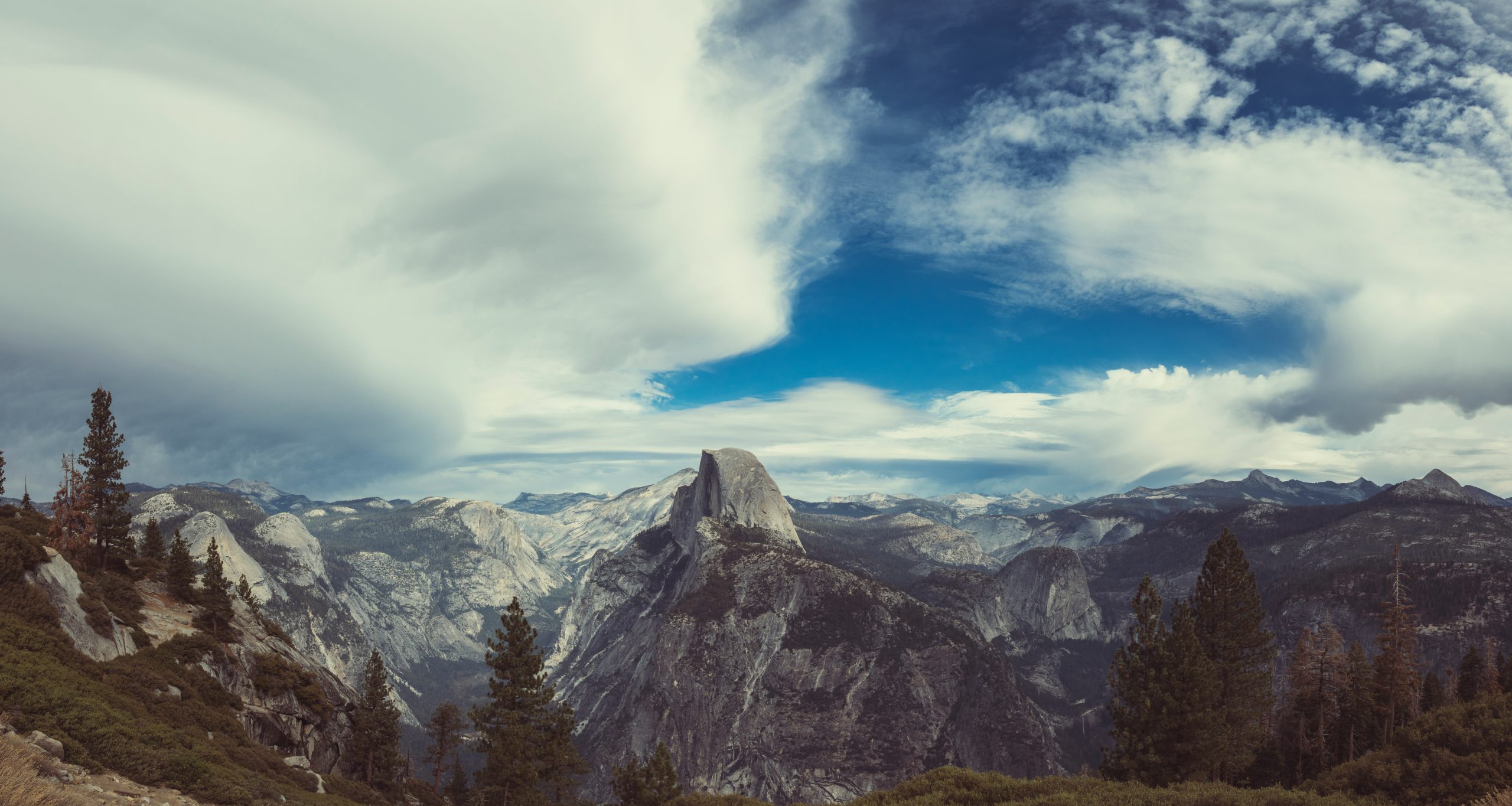

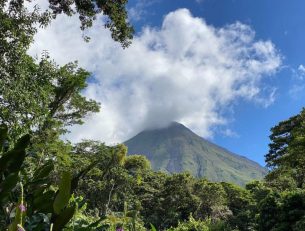
 Costa Rica
Costa Rica 




